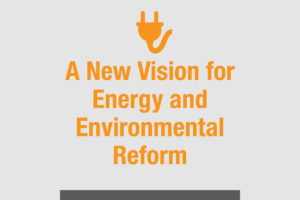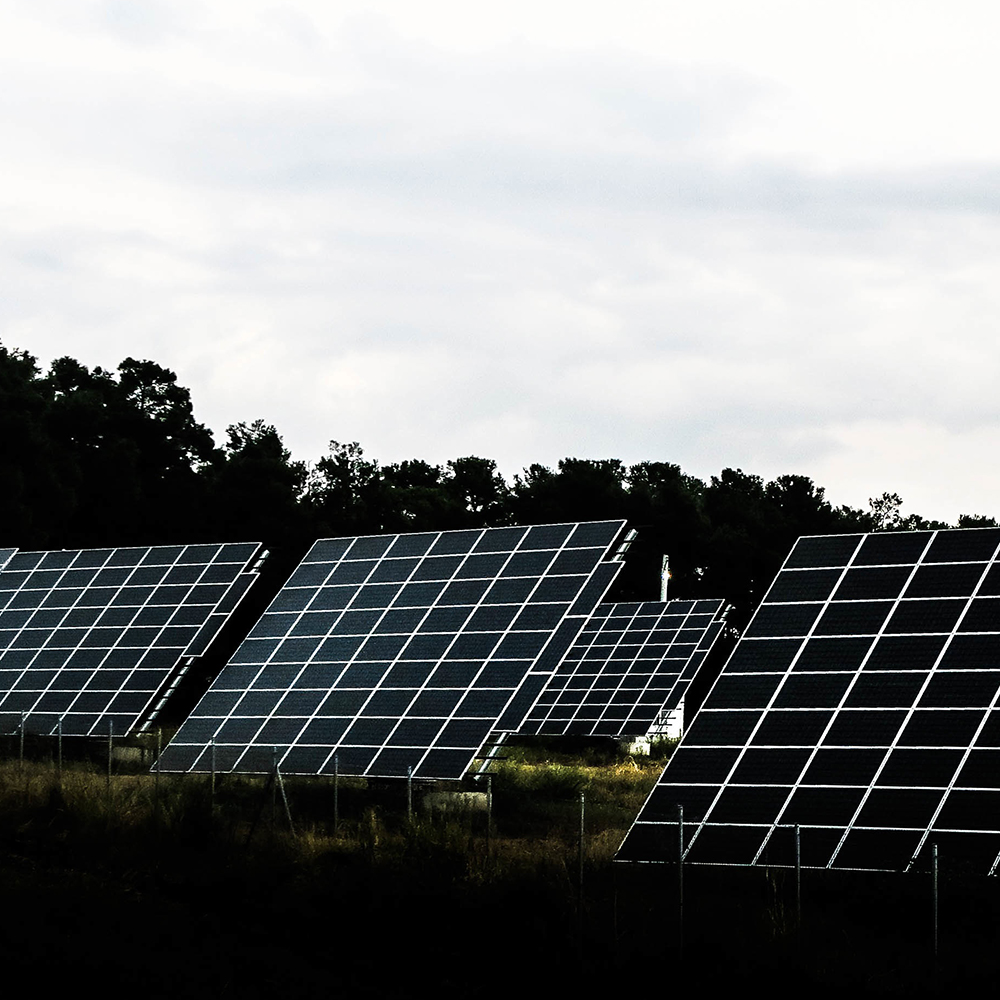Current U.S. energy policy continues to subsidize uneconomical and inefficient sources of politically preferred energy while punishing the production and generation of reliable and cheap energy sources. As taxpayers, workers, and consumers we are paying a steep price for these irrational policies.
Starting with the policies that punish domestic energy production, they are both counterproductive and hypocritical. The Administration pleads with Venezuela and Saudi Arabia to drill for more oil while, at the same time, stifles efforts to expand oil and natural gas production back home. The double standard harms our economy, weakens our standing in the world, and (ironically) is bad for the environment.
When it comes to global oil and natural gas markets, the U.S. fracking revolution radically changed the energy landscape, if only Congress and the Administration would allow it.

Thanks to fracking technologies, private companies can produce enough energy from domestic sources such that the U.S. could (and should) be a net energy exporter. Lifting the growing number of regulatory constraints and prohibitions on fracking and drilling would increase production, jumpstart the moribund U.S. economy, create plentiful high-paying jobs, and benefit consumers with more affordable energy.
The positive impact increased supply would have on energy prices, coupled with the increase in production capability, would also help alleviate the persistent inflation problem plaguing families and small businesses. Incentivizing domestic energy production is the quintessential win-win-win policy.
There are environmental benefits from this approach too. While inconsistent with the preferred narrative, increased use of natural gas at the expense of coal has been a major driver of the decline in greenhouse gas emissions that the U.S. has experienced since the mid-2000s. Expanding natural gas production and infrastructure would continue this positive trend.
Of particular importance is expanding natural gas export infrastructure due to the energy shortages in Europe. These shortages are a health threat, a pall on the economy, and an emissions disaster because Europe is turning toward greater use of coal and other high GHG energy sources.
Compounding the losses associated with the current policies toward reliable energy sources, the federal and state governments are spending billions of dollars subsidizing green energy technologies such as electric vehicles, solar power generators, and wind turbines. Undoubtedly, the progress these technologies have demonstrated over the past several decades is impressive.
These technologies can play important roles in the energy landscape. However, the excessive amount of government subsidies and unrealistic expectations regarding their capabilities have forced these technologies into uses that are simply beyond their current capabilities. The consequences are rising costs on consumers and a less reliable electricity grid.
They also lead to a worse outcome for the environment. Since electric vehicles require more greenhouse gas emissions to produce, net emission reductions only occur when these vehicles have been used for many years, and then only if the performance meets the required standards. Thus, electric vehicles may not universally be a lower-emission option compared to traditional automobiles.
Mining for the components for an electric vehicle, just like those for solar and wind power generation, also create tremendous environmental harm not to mention the human rights violations that occur in many of the mines. As for the factories producing these products, they are often environmentally unsound and rely on slave labor (such as the Uighurs in China).
Simply put, green energy technologies are not the panacea that advocates claim.
In light of these realities, the new Congress should support policy changes that minimize these large and growing negative impacts from the current policy approach. The first goal of U.S. policy should be to do no more harm. Any additional green energy subsidies or mandates should be rejected.
Low emission technology innovations should be encouraged through technologically neutral tax incentives for entrepreneurs who develop economically efficient technologies that meet pre-defined standards.
In the meantime, encouraging expanded U.S. production of domestic energy while rolling back the costly but ineffective subsidies for “green” energy technologies is essential. Specific policies to achieve these goals include:
- Revising the National Environmental Policy Act (NEPA) with the goal of expediting the approval of permits for new transmission infrastructure, natural gas export terminals, and fossil fuel lease sales;
- Streamlining regulations of nuclear facilities to more accurately reflect the actual pecuniary and waste management risks to reduce the costs of building and operating this efficient zero-emission energy source;
- Imposing an $75,000 annual household income threshold on electric vehicle subsidies;
- Reinstating the suspended licenses for drilling in ANWR;
- Approving expanded offshore drilling;
- Expanding leases for oil and natural gas drilling on federal lands;
- Limiting the growth in the Corporate Average Fuel Economy (CAFE) standards; and
- Relaxing restrictions on fracking.
U.S. energy policy meaningfully impacts the economy. The current policy environment encourages inefficiencies, shortages and high prices to the detriment of families across the country. There are realistic and forward-looking actions that lawmakers can take that will reduce these costs. The new Congress should seriously consider these options.
Wayne Winegarden is a senior fellow in business and economics at the Pacific Research Institute.

